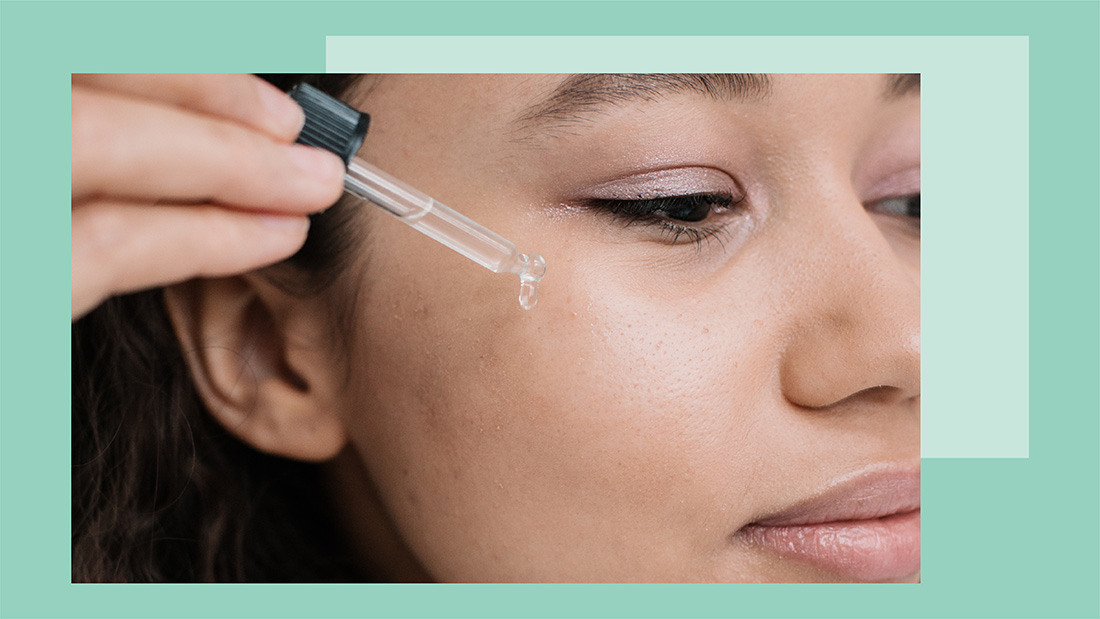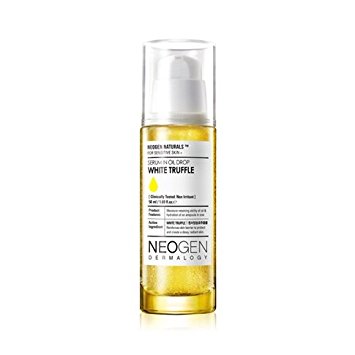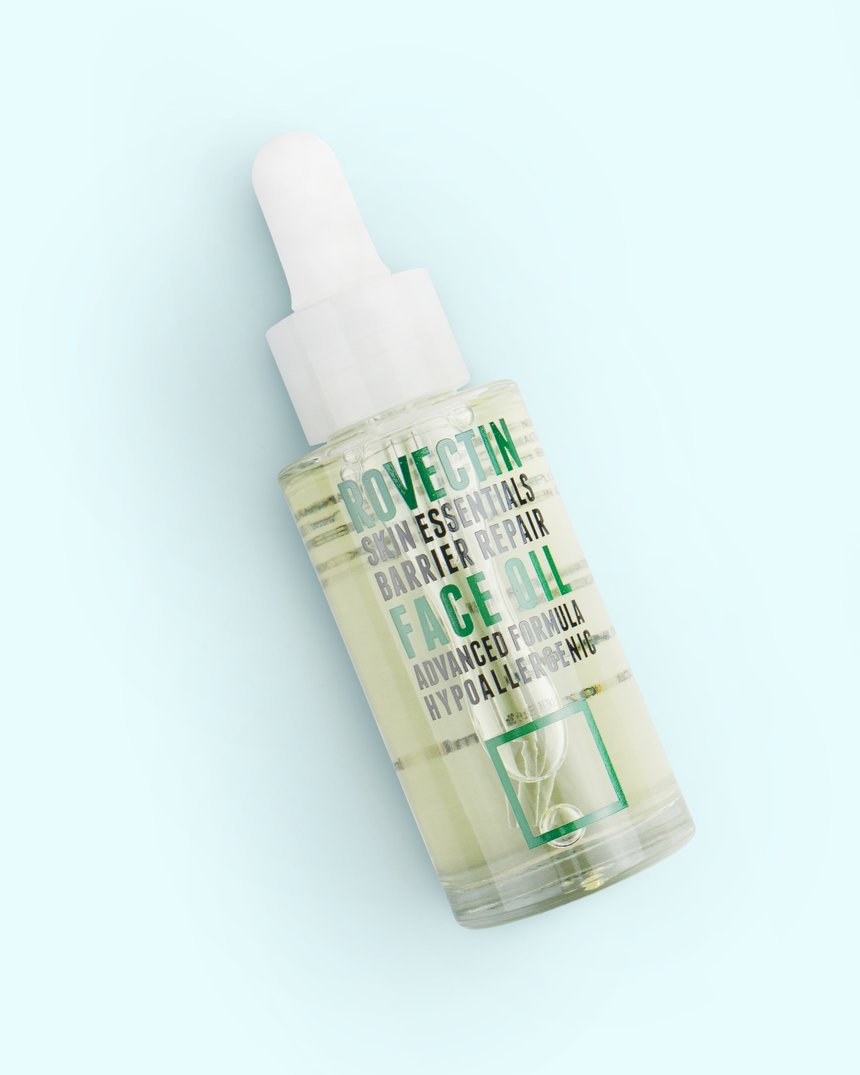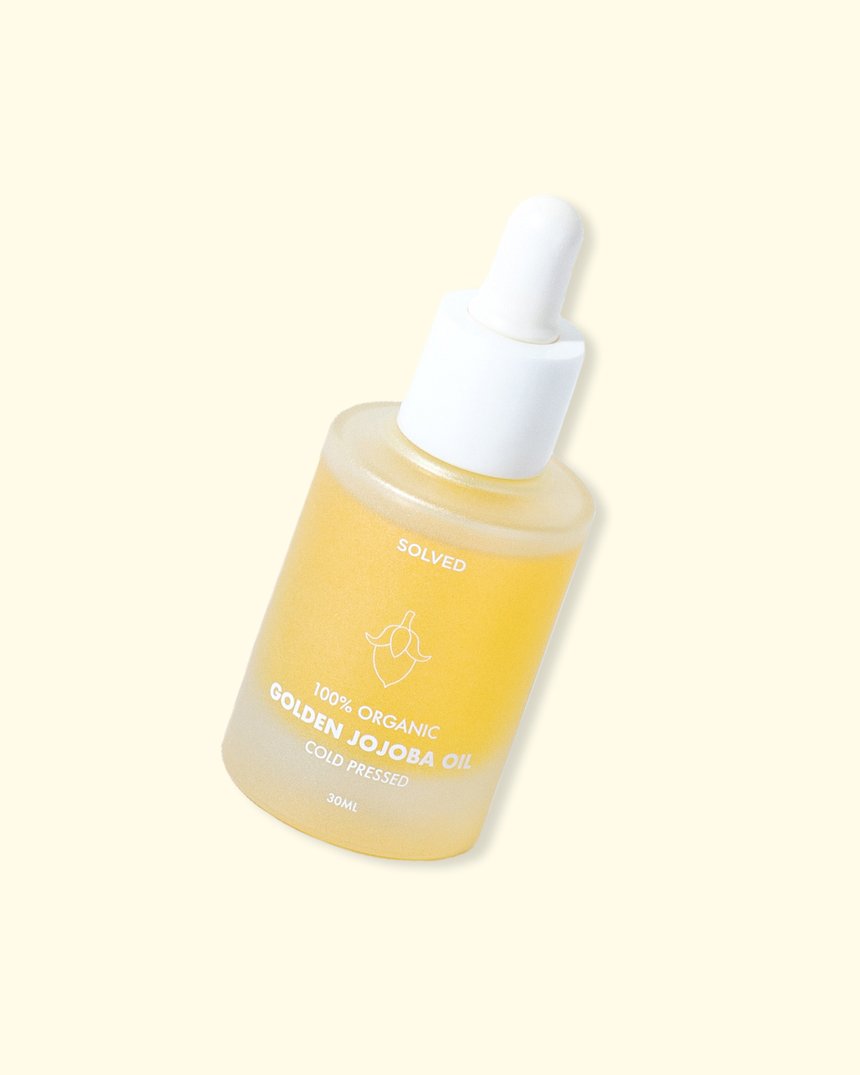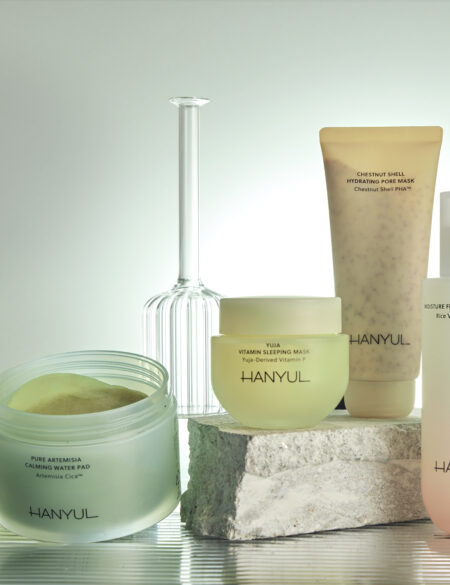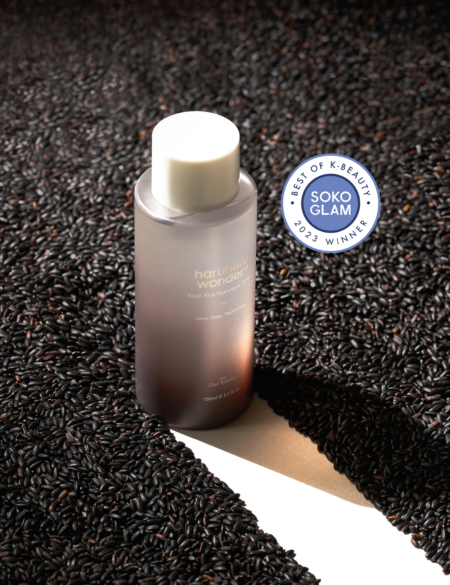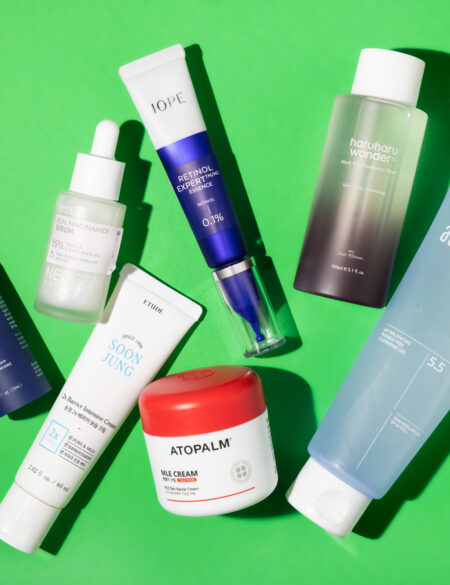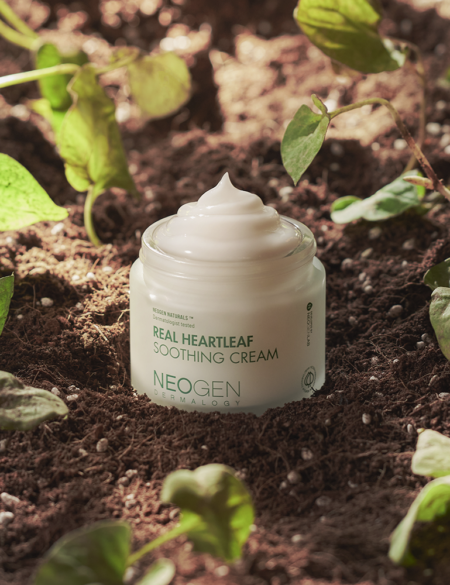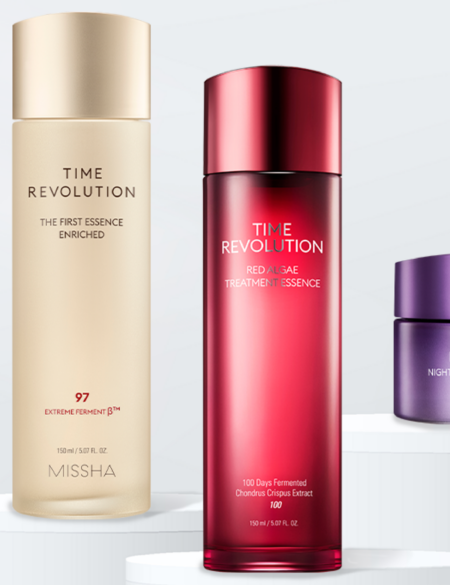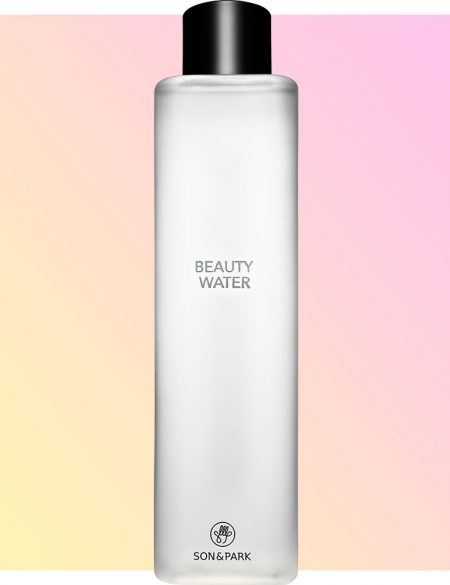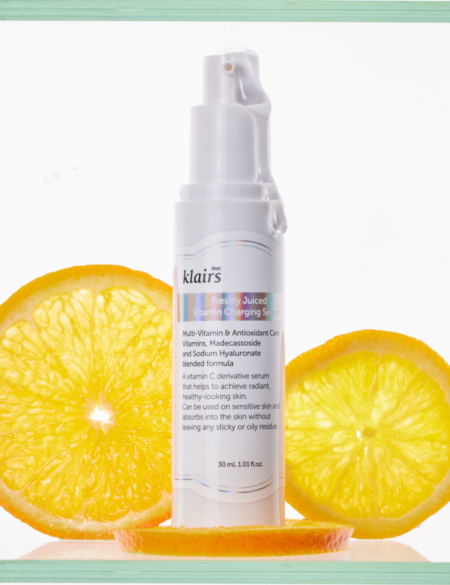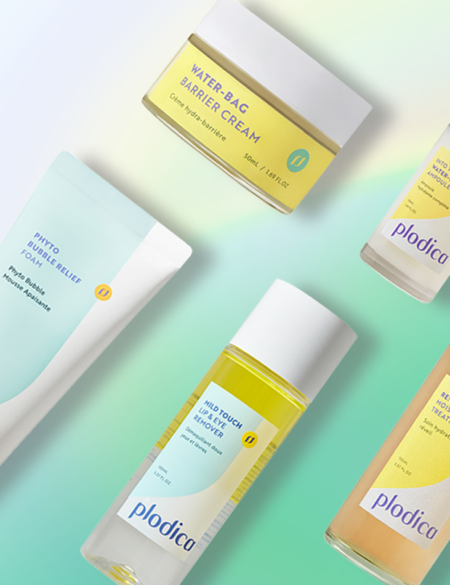If there’s one category of skincare that proves the most intimidating to people across the board, it’s probably facial oils. What if we told you that facial oils leave your face looking and feeling softer, younger, and, yes, clearer? There’s a reason why facial oils are so popular, it’s just a matter of figuring out which type is best for your skin. We’re here to lend a hand!
Dry and/or Mature Skin
Dry skin types suffer from a lack of oil and, therefore, benefit from facial oils that are heavier and more moisturizing. Mature skin is often dry, as our skin produces less sebum the older we get. Mature skin also benefits from oils that plump and help reduce fine lines.
Marula oil is an excellent choice, as it moisturizers, and contains high levels of vitamin C that can reverse sun damage, fix hyperpigmentation, and reduce fine lines. Another great choice is white truffle oil, which contains lots of vitamins, amino acid, and minerals and helps to diminish the look of fine lines and wrinkles. We also recommend avocado oil for dry skin. It’s rich in vitamin E, which wards off free radicals and thereby keeps skin looking youthful. It’s also loaded up with lecithin, a nutrient-rich lipid that penetrates deeply.
Our Pick: Neogen White Truffle Serum In Oil Drop.
Sensitive Skin
Facial skin is sensitive as a rule, but people whose skin is reactive to tiny changes or to many ingredients must be more careful about what they put on their face. People with this skin type benefit most from moisturizing but mild, non-comedogenic oils.
One of the best oils for sensitive skin is camellia, which is more lightweight than even rosehip oil but still delivers a major dose of moisture without causing the skin to freak out. It contains antioxidants to protect the skin and oleic fatty acids to soften and hydrate. Another option is evening primrose oil, which is both soothing to the skin and an anti-inflammatory. We also like argan oil for sensitive skin types that can use a little extra moisture.
Our Pick: Rovectin Skin Essentials Barrier Repair Face Oil
Combination Skin
If you experience both oily and dry skin, you have what’s called a “combination” skin type. People with this skin type should pay careful attention to what their skin is doing at any certain time and then treat accordingly. For example, if you’re experiencing a particularly oily or dry week, you can follow the advice for the respective categories above.
The oils we discussed under “sensitive” skin are good options for combination skin, too, as they aren’t too heavy or too aggressive. We also highly recommend jojoba oil. We also love pomegranate oil, which is approved for all skin types and therefore a great default for combination skin. It’s impressively lightweight, but still moisturizing, and contains vitamins A, D, E and K to protect, soothe and hydrate.
Our Pick: Solved Skincare 100% Organic Golden Jojoba Oil
Oily and Acne-Prone Skin
Though it may seem counterintuitive, people with oily skin need to moisturize just as much as those who have dry skin. This type of skin benefits from lighter oils that help balance the skin and prevent excess sebum, and oils that have anti-inflammatory and antibacterial properties to help ward off acne.
Grape seed oil, a natural astringent, is an excellent option. Because it contains linoleic acid, it helps to soothe inflamed skin. Diluted tea tree oil – often combined with additional oils when used on the face – is an antibacterial that’s also ideal for acne-prone, oily skin. Another option is jojoba oil, which naturally mimics sebum to help balance the skin and reduce overproduction of oil.
Our Pick: Neogen Real Fresh Green Tea Cleansing Stick


